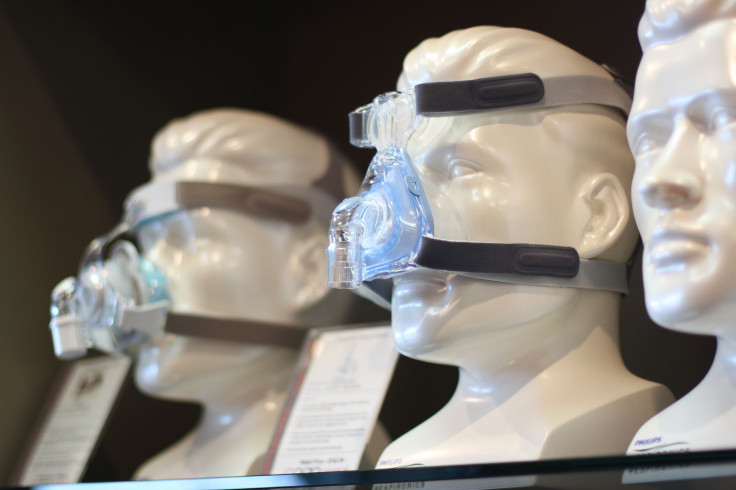Obstructive Sleep Apnea Airway Devices Could Also Benefit Depressive Symptoms

When it comes to treating depression, the effective approach seems to be whatever the patient responds to. Whether it be medication, electroconvulsive therapy (ECT), or more holistic therapies, such as acupuncture or meditation. A recent study conducted at the University of Calgary in Canada has found that two treatment devices for obstructive sleep apnea, continuous positive airway pressure (CPAP) and mandibular advancement devices (MADs), can also be used to treat depressive symptoms.
Lead authors of the study, Marcus Povitz and Carmelle Bolo, and their colleagues gathered data from 22 randomized controlled trials. Nineteen of the trials analyzed the effects of CPAP on obstructive sleep apnea while five did the same with MADs. All of the trials took into account any possible effects the sleep apnea treatment devices had on depressive symptoms.
Researchers found that both CPAP and MADs led to “modest improvements” in people suffering from depressive symptoms compared to control treatments, which were usually an ineffective form of the device. Although the effects of CPAP and MADs were not compared to more conventional treatments for depression, including anti-depressants, these devices result in very little downside as opposed to drugs, which carry the risk of proven adverse side effects.
"This systematic review summarizes the available literature on OSA treatment, demonstrating that both CPAP and MAD treatment result in small improvements in depressive symptoms based on questionnaires," the authors said in a statement. "Our results illustrate that the greatest benefit of CPAP treatment on depressive symptoms may occur in populations with worse depression scores at baseline."
According to the National Sleep Foundation, CPAP is considered the leading treatment option for sleep apnea. A face or nasal mask connected to a pump facilitates positive air flow through the nasal passages that keeps the airway open. CPAP users not only experience immediate symptom relief, but also claim to benefit from increased energy and mental alertness throughout their day.
Source: Wang J, Povitz M, Bolo C, et al. Effect of Treatment of Obstructive Sleep Apnea on Depressive Symptoms: Systematic Review and Meta-Analysis. PLoS Med. 2014.



























